The US and the UK celebrate Black History Month at different times each year. This month in the UK, 31 days have been dedicated to celebrating the work and culture of Black British individuals.
However, it looks like black Americans are receiving the majority of the spotlight because they started the celebration.
Tobi Oredein, Founder of Black Ballad UK a lifestyle digital platform created for black women, asked her Twitter followers ‘Do people not know it’s British Black History Month?’
She did not disregard the fact that America has some amazing black icons, but she wanted to draw attention to the black British icons as well.
Tobi Oredein was not the only person who shared such a view, a variety of people began commenting about their own experience. A woman shared how teachers were talking about updating their Black History Month display by putting the names of popular American sport-stars, such as Colin Kapernick and Serena Williams.
Black British sport-stars happened to not have made the cut.
When we look back on how Black History Month came to Britain, it all started with one name Linda Bellos. Over 30 years ago, the politician realised white people were not aware of the significant contributions black people had made in the UK.
Since then various schools and organisations have continued to make an effort in shedding light on the positive changes black individuals have made in British society.
However, this has not stopped the competition between black American culture and black British culture.
Black Women’s Directory, a website created for the public to find black female-owned businesses, created a feed on both Twitter and Instagram highlighting iconic black British female figures.
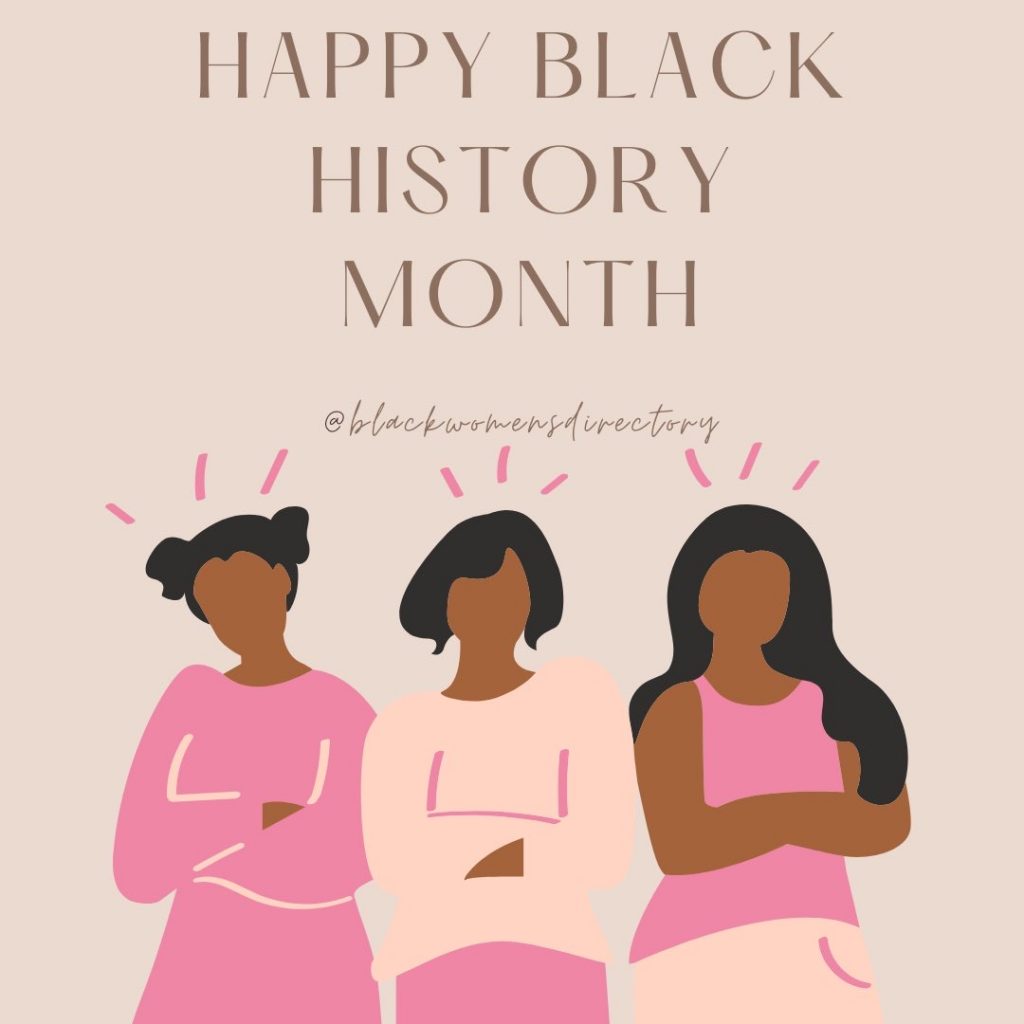
Joanne Mukoko, the Founder of the website, said “Black American culture tends to be at the forefront when it comes to black history and black movements in general, and it makes it seem like the black struggle is the same which it isn’t.”
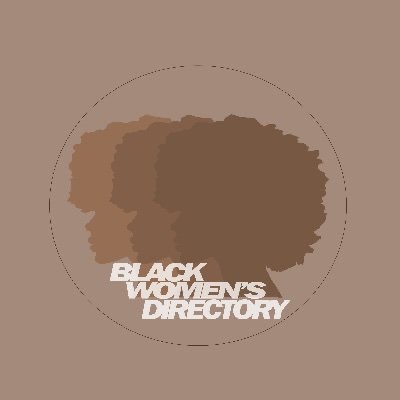
This is why Joanne believes everyone needs to be active in learning about black British individuals. People with platforms should be active in sharing black British history to others through, podcasts, videos, documentaries and many more.
Schools in particular need to provide ways students can learn about black history from a British perspective. “Even in school we are taught about it from an American perspective,” said Joanne.
Slavery is a topic which sits right in the centre of Black History Month. The black community are reminded of the injustice they faced, but it is presented as only an American struggle.
Today many people forget the British owned slaves on the plantations of the Caribbean 3,000 miles away from the United States. It seems like the news of thousands of British families who grew rich on the slave trade in the 17th and 18th century has been silenced.
This history is not found in the books taught at British schools.
“Organisations like Black History Studies and The Black Curriculum are active in teaching black history and want to help decolonise the curriculum,” explained Joanne.
Today the world is finally paying attention to black lives and voices, and Black History Month has become a global phenomenon.
However, Joanne Mukoko notices a key difference between the two: “Whilst the Black Lives Matter Movement is a movement to demonstrate the systemic oppression black people face. Black History Month is a celebration of black culture and history. Black History Month allows us to learn about how the systems that allow for black oppression were created.”
We can turn back the pages and find many contributions towards the black community being liberated and heard. Having said that, there should be a distinction between the black British role and the black American role.
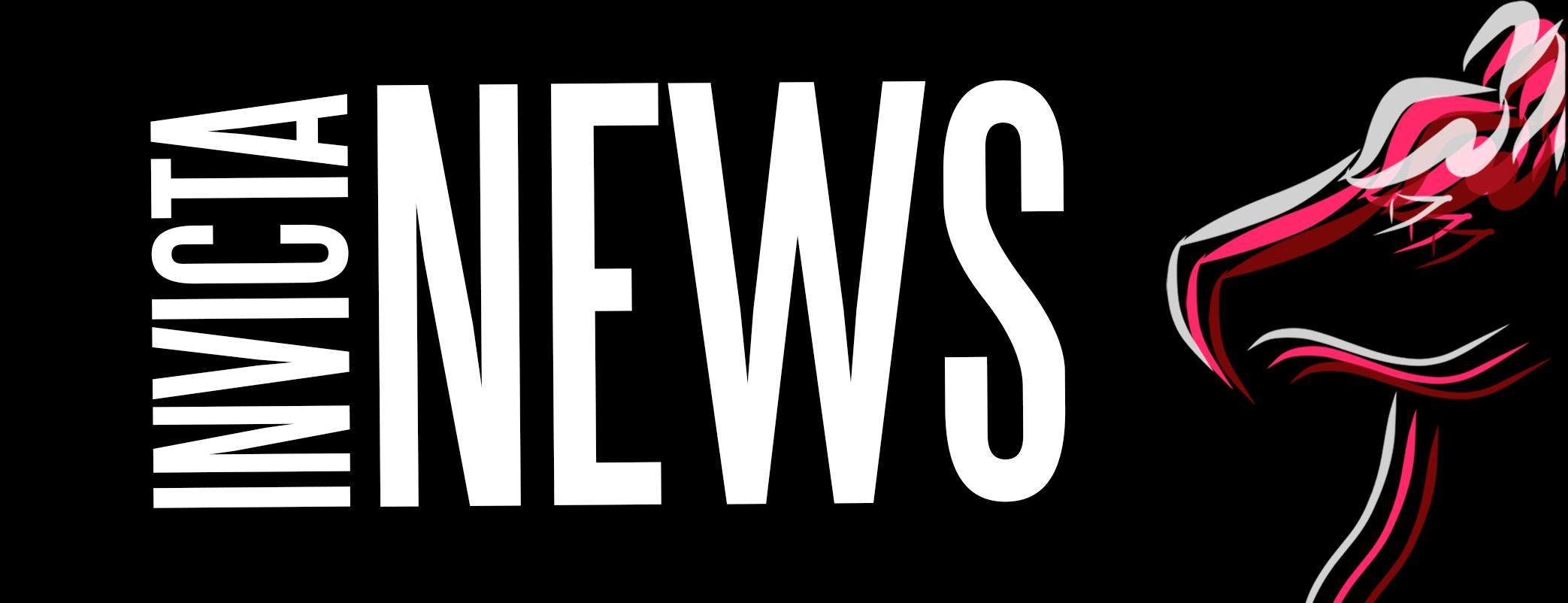
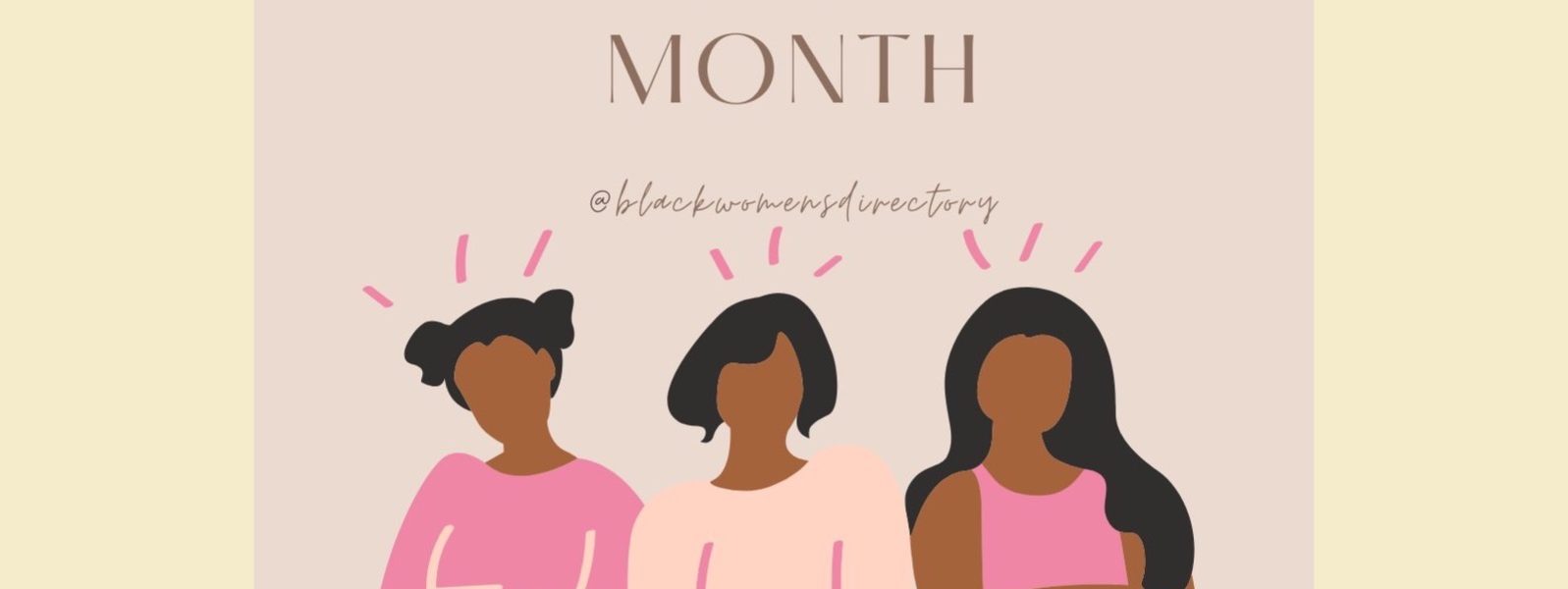
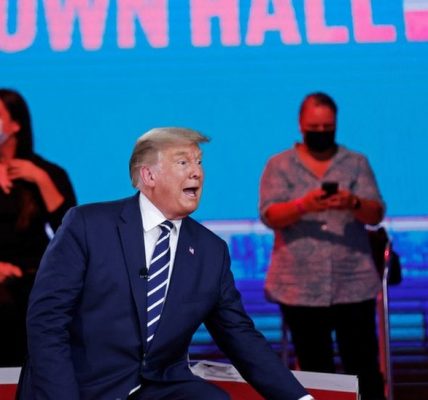
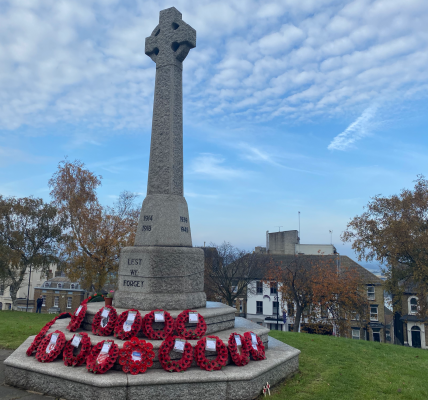
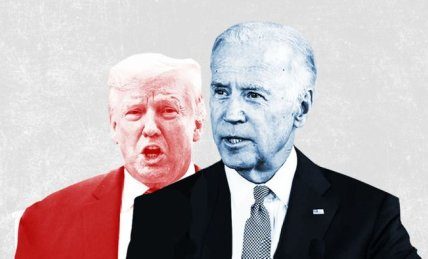

1 COMMENTS